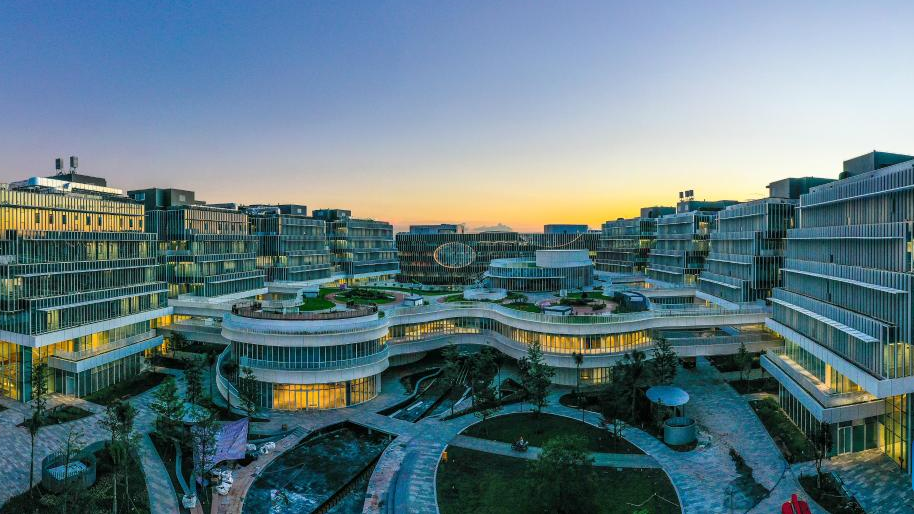Language rights of ethnic groups protected, official says
While promoting the use of standard spoken and written Chinese in ethnic-minority-inhabited areas, China has ensured that people's rights to learn and use languages of different ethnic groups are protected. In addition, more efforts have been made to preserve such languages during the past 10 years, a senior ethnic affairs official said.
Zhao Yong, deputy director of the National Ethnic Affairs Commission, on Wednesday dismissed as groundless the claim that promoting standard spoken and written Chinese in ethnic-minority-inhabited areas is a move to destroy ethnic-minority languages.
"In fact, favorable environments have been created for people to learn the spoken and written languages of their own ethnic groups. For example, it's a common practice for primary and high schools in ethnic-minority-inhabited areas to set up classes for ethnic-minority languages. People can learn and use their own languages freely," Zhao said at a news conference held by the Publicity Department of the Central Committee of the Communist Party of China Central Committee on the progress made in work on ethnic affairs in the past decade.
Of China's 56 ethnic groups, 53 have languages of their own, while 22 groups use a total of 28 written languages. To better preserve and promote ethnic languages, a special database has been created to record and study them, Zhao added.
After the 18th National Congress of the CPC in 2012, developing a strong sense of community for the Chinese nation has become the principle for work on ethnic affairs.
During the past 10 years, an increasing number of people from ethnic-minority-inhabited areas have chosen to live and work elsewhere, while many have also visited other ethnic-minority-inhabited areas, Zhao said. "In the process, people from different ethnic groups have gained much deeper understanding about each other. Their sense of being a member of the Chinese nation has been intensified."
Of the 125 million people from non-Han ethnic groups, 37 million have migrated elsewhere. For example, the number of migrants from non-Han ethnic groups in Guangzhou, Guangdong province, has more than doubled compared with 10 years ago, Zhao said.
He added that better services have been provided to help those migrants become better integrated in society.
"We have focused on dealing with cases of discrimination against people from certain ethnic groups or areas," he said, "and the legitimate rights of people from all ethnic groups can now be better protected."
At the same time, social and economic development in ethnic areas has been greatly boosted in the past 10 years, as President Xi Jinping has stated on various occasions that not a single ethnic group should be left behind-be it in the nation's drive to eliminate absolute poverty or to build a moderately prosperous society in all respects, Zhao said.
"Now, highways and high-speed railways have reached ethnic-minority-inhabited areas," he said. "More important, people there can enjoy good education and medical care at their doorstep."
Photos
Related Stories
Copyright © 2022 People's Daily Online. All Rights Reserved.









